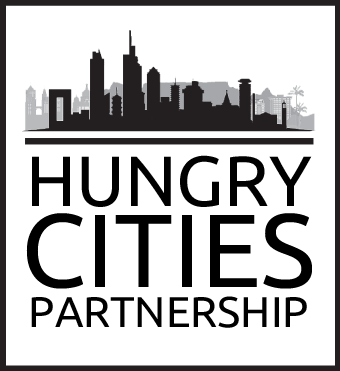
Document Type
Journal Article
Publication Date
8-2015
Abstract
Objectives: Many South Africans do not consume enough fruit and vegetables. However, people are generally aware of the benefits of adequate consumption. To understand this gap between knowledge and practice, this study investigated underlying factors influencing consumption through a qualitative, cross-sectional, descriptive case study conducted in Mitchell’s Plain, Cape Town.
Methods: Four focus groups to gain broad understanding and 15 interviews with strategically selected individuals influential in food preparation, distribution or consumption, to gain in-depth understanding of specific factors influencing fruit and vegetable consumption were conducted.
Results: The study identified a number of drivers of fruit and vegetable consumption patterns. Barriers to consumption included perishability and affordability; that fruit/vegetables are not considered priority food items (inadequate time and effort is allocated to purchasing and preparation); reported negative side-effects of consumption, and that health benefits are not immediately apparent. Consumption was facilitated by personal preference, traditional dishes that include fruit/vegetables, increased availability of fruit/vegetables and discipline in children. Suggestions to improve consumption included providing practical advice to decrease preparation time and cost, and recipes to increase appeal of fruit/vegetable dishes. However, this needs to be understood in the context of the bigger structural issues that help or hinder fruit and vegetable consumption.
Recommended Citation
Pereira, C., McLachlan, M., Battersby, J. "Understanding Fruit and Vegetable Consumption: A Qualitative Investigation in the Mitchells Plain Sub-district of Cape Town." European Journal of Nutrition & Food Safety 5(5): 745-746, 2015.
Included in
Food Studies Commons, Human Geography Commons, Politics and Social Change Commons, Urban Studies and Planning Commons

